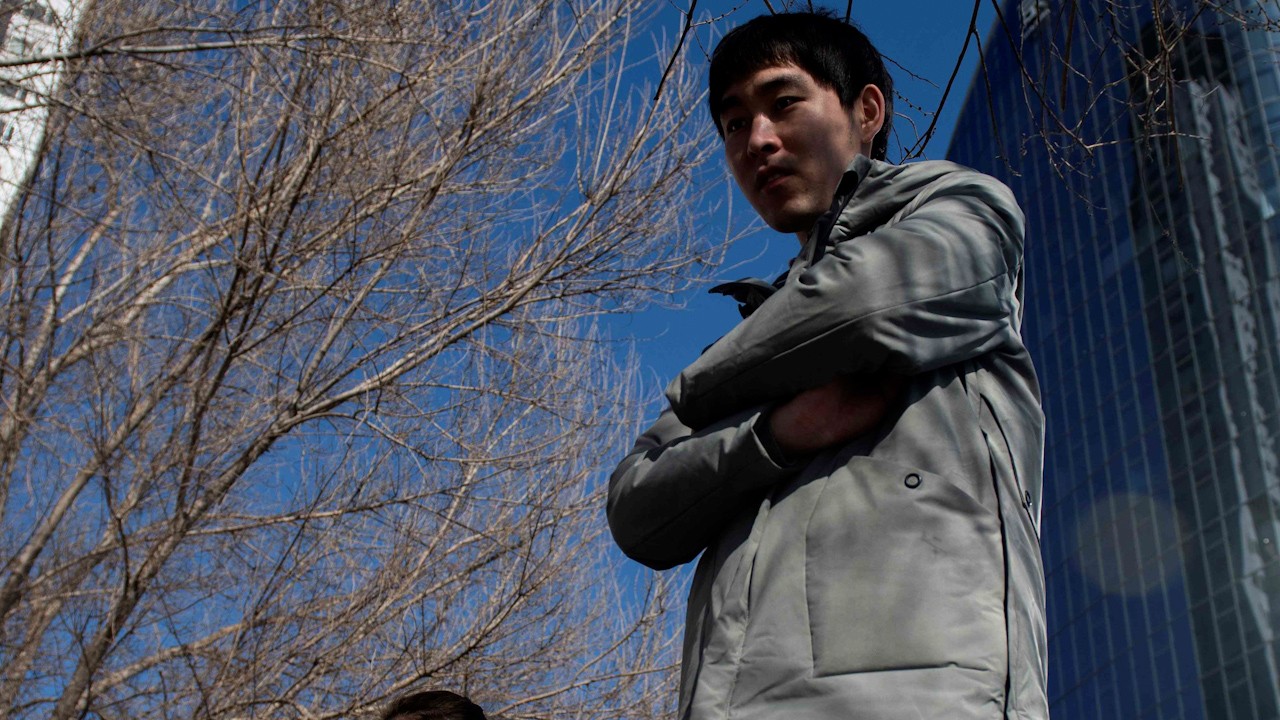
China vows to include ‘outstanding people’ from private sector in politics at all levels as economy falters
- 31-point Communist Party and State Council action plan calls for ‘outstanding’ private sector candidates to join lawmaking and advisory bodies
- Guideline to boost private sector issued at ‘critical juncture’, as ‘the market sentiment is very bad in China’, analyst in Singapore says
A 31-point action plan aimed at boosting the private sector was released on Wednesday night by the Central Committee, the ruling Communist Party’s top leadership, and China’s cabinet, the State Council.
“[We should] do a steady job of recommending outstanding people from the private sector as candidates for membership of legislative and political consultative bodies at all levels,” the action plan said, according to a full text published by state news agency Xinhua.
These bodies would include China’s highest organ of state power, the National People’s Congress (NPC), top political advisory body the Chinese People’s Political Consultative Conference (CPPCC), and their local branches.
Authorities should “also make good use of the All‑China Federation of Industry and Commerce as the main channel of political participation for people in the private sector”, the plan said, referring to China’s semi-official chamber of commerce.
The NPC and CPPCC have long seated prominent entrepreneurs from the private sector, including smartphone giant Xiaomi founder-CEO Lei Jun and electric vehicle-maker Xpeng Motors founder He Xiaopeng.
Wednesday’s guideline did not set a specific quota for private sector representatives in the national and local legislatures. However, it pledged to support people from the private sector to play bigger roles in international economic events and global organisations.
Alfred Wu, an associate professor at the National University of Singapore’s Lee Kuan Yew School of Public Policy, said the guideline was issued “because this is a critical juncture, and now the market sentiment is very bad in China”.
The action plan comes at a time when Beijing is struggling to boost growth in the world’s No 2 economy. Official economic data released on Monday showed China’s gross domestic product only grew by 6.3 per cent year-on-year in the second quarter, under performing market expectations.
A political science researcher on the mainland, who requested anonymity, said the promise to increase political participation was meant to inspire private entrepreneurs.
“Earlier public opinion attacks on private entrepreneurs have led to their lack of faith in joining the party and participating in politics,” the researcher said.
The loss of confidence has also been fuelled by the top leadership’s repeated references to “preventing the disorderly expansion of capital” and the massive fines imposed on several internet companies, he added.
Other articles in the action plan say the party will continue to attract members from the private sector and carry out “ideological and political education”.
It also called for strengthening the party’s leadership related to “all processes” in the private sector.
Article 28 of the plan says: “[We should] support private enterprises to fulfil their social responsibilities better … [and] educate and guide private enterprises to consciously assume the social responsibility of promoting common prosperity.”
“This will not address the previous concern,” Wu in Singapore said. It is clear that “party control will still continue”.
Beijing’s recent policies including more stringent internet regulations and calls for “common prosperity for everyone” have sparked concerns in the private sector, but President Xi Jinping has weighed in to reassure entrepreneurs.
“I have always been in favour of the private sector, and I have worked in a place where the private economy was more developed,” Xi said at the end of last year, referring to his leadership of prosperous eastern provinces.


